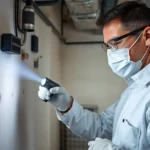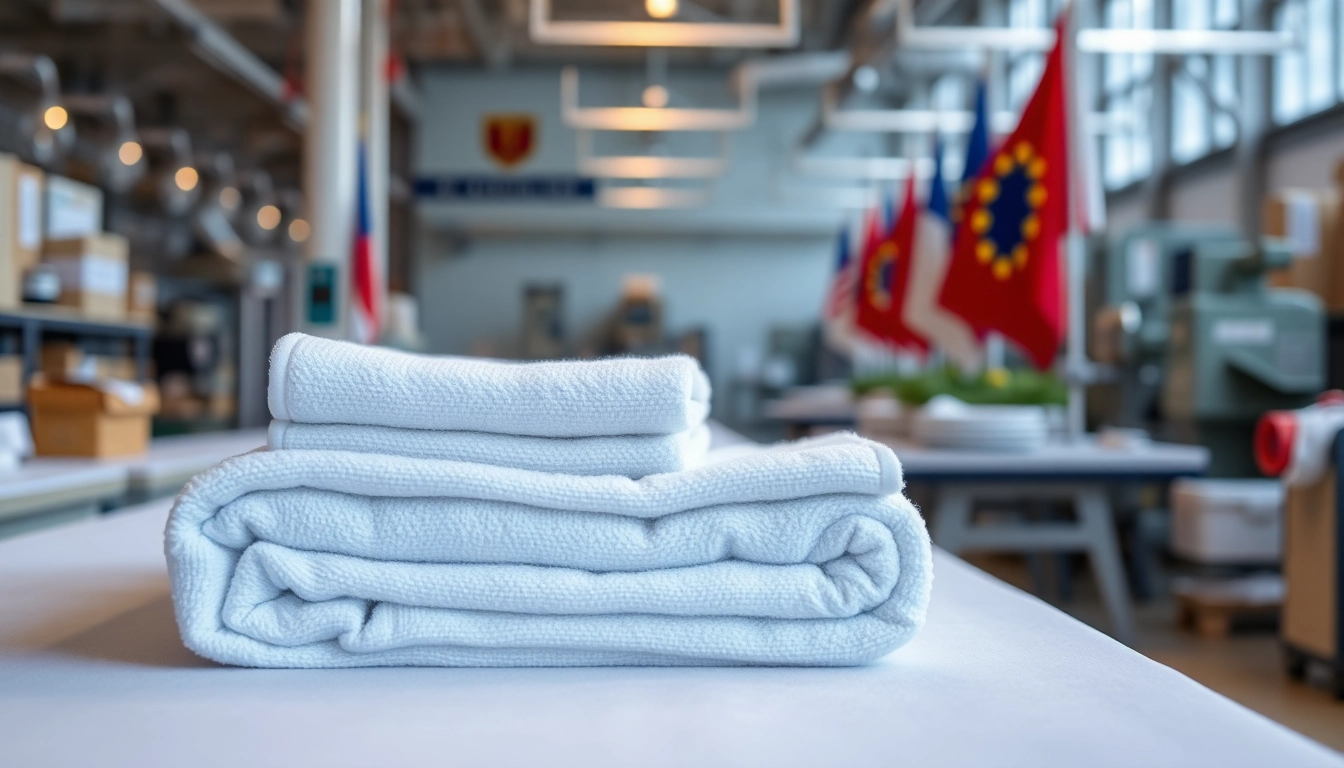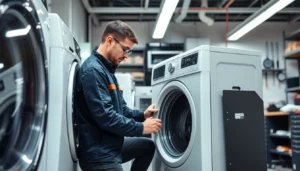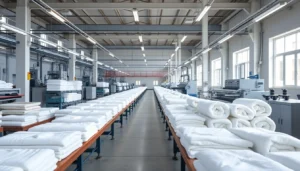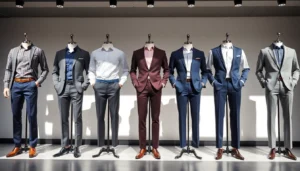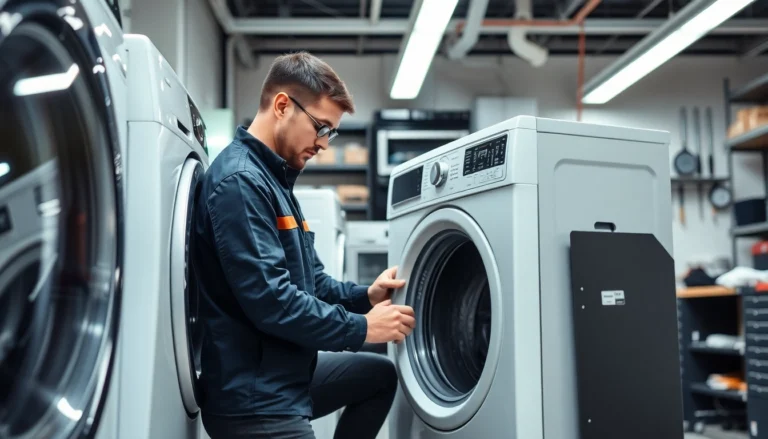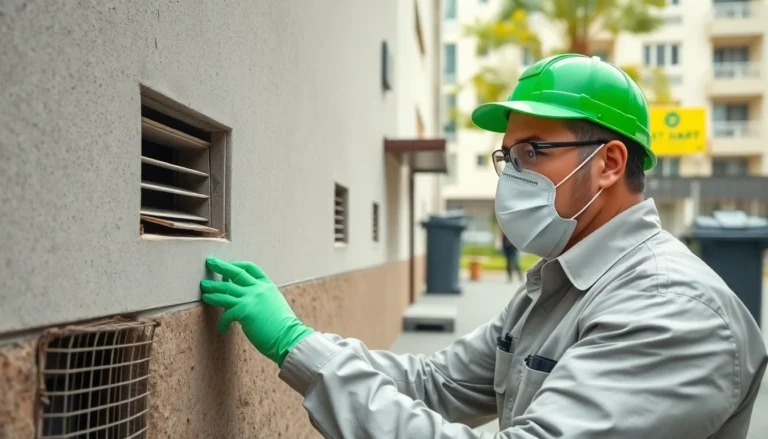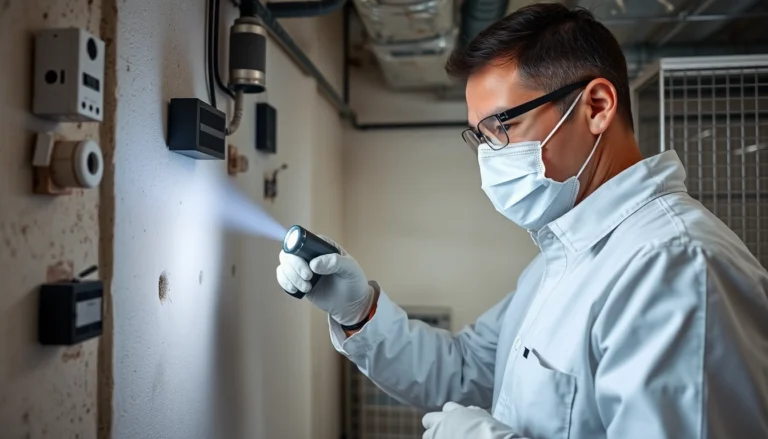Introduction to European Towel Manufacturing: History and Industry Overview
European towel manufacturing boasts a rich history intertwined with the continent’s long-standing textile traditions. From the earliest use of handwoven fabrics to modern automated production, Europe’s apparel and textile sector has evolved significantly, driven by advancements in technology and a sustained commitment to quality. Today, the industry encompasses a diverse array of countries, each contributing unique strengths to the global market. The reputation of European towels is rooted in exceptional craftsmanship, high-quality raw materials, and adherence to stringent standards, making Europe a preferred destination for premium towel production.
For businesses seeking reliable and high-quality towels, understanding the landscape of European manufacturing is essential. Whether sourcing for hospitality, retail, or private label brands, partnering with a Towels manufacturer in Europe ensures access to products that combine durability, aesthetic appeal, and sustainability. The evolving industry is also becoming more environmentally conscious, emphasizing eco-friendly practices, which align with global trends toward sustainable shopping.
Choosing a Reliable Towels Manufacturer in Europe: Key Criteria
Quality standards and certifications
Quality is the cornerstone of European towel manufacturing. Reputable manufacturers adhere to high standards, often obtaining internationally recognized certifications such as Oeko-Tex Standard 100, ISO 9001, and EU Ecolabel. These certifications assure consumers and business clients that products are free from harmful substances, produced ethically, and meet rigorous durability and safety benchmarks. Companies like Kapatex s.r.o. exemplify this commitment by specializing in embroidered terry towels with strict quality controls.
Sustainable and eco-friendly manufacturing practices
Eco-conscious production is increasingly crucial. Leading European manufacturers integrate sustainable practices such as water and energy conservation, eco-friendly dyeing processes, and the use of organic or recycled raw materials. For example, Scandinavian companies like Ekelund craft towels from 100% organic cotton and linen, minimizing environmental impact while offering aesthetically pleasing designs. Selecting a manufacturer that prioritizes sustainability not only enhances brand reputation but also aligns with rising consumer demand for responsible products.
Customization options and product diversity
Flexibility in design, size, and branding is vital for businesses aiming to differentiate their products. Top European manufacturers offer extensive customization, including colors, patterns, embroidery, and private label solutions. This allows brands to tailor towels to specific markets or branding needs, ensuring they stand out in competitive environments. Companies like Bursali Towels exemplify versatility, providing bulk solutions for hotels, spas, and retail chains with options for personalized branding.
Top European Towels Manufacturing Countries and Leading Companies
Italy: Luxury and premium quality towels
Italy is renowned for its artisanal craftsmanship and premium textile products. Italian towel manufacturers such as Almatex S.R.L. have been producing luxurious, plush, and sustainable cotton towels since 1948. Their focus on high-thread-count fabrics, craftsmanship, and elegant designs makes Italy a go-to source for luxury towels used in high-end hotels and boutiques. The nation’s deep-rooted tradition of high-quality textile production ensures that Italian towels are often considered the benchmark for excellence in softness, durability, and aesthetic appeal.
Portugal: Cost-effective, durable bath textiles
Portugal has established itself as a major player in affordable yet durable towel manufacturing. Companies like Torres Novas have been producing towels since 1845, emphasizing quality, resilience, and affordability. Portuguese manufacturing benefits from a skilled workforce, modern facilities, and favorable logistics, enabling cost-effective production for bulk orders. The country’s export reputation is bolstered by rigorous quality standards, making Portuguese towels popular among hotels, retailers, and export markets seeking a balance between quality and price.
UK and Sweden: Innovation and organic towel options
The UK hosts manufacturers like Bursali Towels, specializing in wholesale bulk supply, including luxury and spa textiles. Sweden is pioneering eco-friendly textiles, with brands like Ekelund producing towels from organic cotton and linen, woven with environmental sustainability at the core. These countries exemplify innovation in design, organic materials, and environmentally responsible manufacturing, catering to markets that prioritize sustainability and cutting-edge aesthetics.
How to Partner with a Towels Manufacturer in Europe: Steps and Considerations
Assessing manufacturing capacity and lead times
Understanding a manufacturer’s production capacity and lead times is crucial. Evaluate whether they can meet your order volume within your required timeframe. Larger, established companies like HNB Europe have significant capacity and experience managing bulk orders for hospitality clients. Request detailed production schedules, sample lead times, and turnaround periods to ensure your logistics align with their capabilities.
Negotiating pricing and minimum order quantities
Pricing negotiations should be transparent and based on clear minimum order quantities (MOQs). Many manufacturers offer tiered pricing—better rates with larger orders. Define your budget and procurement volume upfront, and seek manufacturers that offer flexibility without compromising quality. A well-negotiated contract will establish favorable terms for both parties and set a solid foundation for ongoing partnerships.
Ensuring compliance with industry standards and delivery logistics
Compliance encompasses adherence to quality, safety, and environmental standards. Confirm that manufacturers follow certifications such as OEKO-TEX® or ISO standards and comply with packaging, labeling, and export documentation requirements. Clear communication about delivery logistics—shipping methods, customs clearance, and tracking—is essential to avoid delays and ensure the timely arrival of products.
Future Outlook: Trends and Opportunities in European Towel Manufacturing
Growing demand for eco-friendly and organic textiles
The future of European towel manufacturing is increasingly defined by sustainability. Consumers and brands demand organic, biodegradable, and ethically produced textiles. Manufacturers responding to this shift are investing in organic cotton farming, eco-friendly dyeing techniques, and circular economy practices, opening new markets and reinforcing their competitive edge.
Technological advancements in production methods
Automation, digital printing, and high-precision weaving are revolutionizing towel production. These technologies enable manufacturers to produce more complex designs, reduce waste, and improve consistency. For example, digital printing allows for rapid customization and intricate patterns aligning with branding strategies, giving European manufacturers a technological advantage in global markets.
Expanding markets and export potential
European towel manufacturers are increasingly leveraging their reputation for quality to expand into emerging markets in Asia, the Middle East, and North America. The integration of sustainable practices, innovative designs, and competitive pricing creates opportunities for European brands to capture a wider audience, diversify their revenue streams, and strengthen their global presence.




